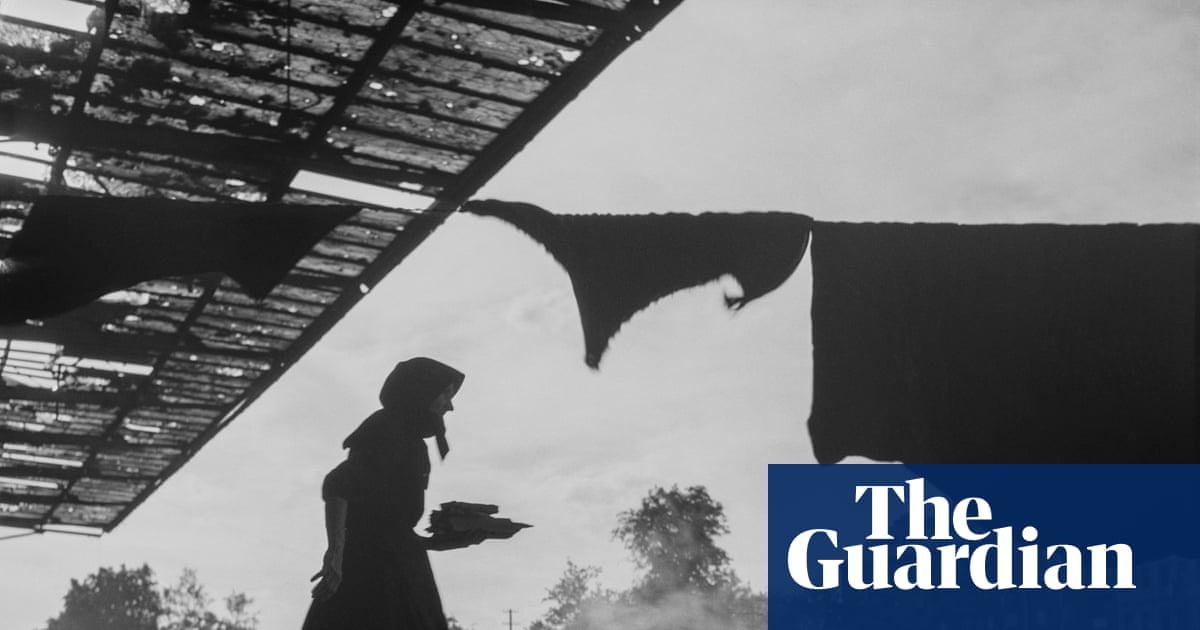
"As I started reading Alice Jolly's new novel, whose narrator is a mute autistic girl in wartime Vienna, I realised that I was resisting its very premise. I am generally sceptical about books that use child narrators to add poignancy to dark plots, or novels that use nazism as a means of introducing moral jeopardy to their characters' journeys. And yet by the end Jolly had won me over."
"We meet our fierce narrator, Adelheid Brunner, when she is brought into a children's hospital by her grandmother, who cannot cope with the little girl's fixations. Adelheid is obsessed with the matchboxes of the title, which she is constantly studying, ordering and occasionally discarding. In the hospital, she finds that she and her fellow child inmates are the object of obsessive study in turn by their doctors sometimes understood, sometimes valued, and then, tragically, sometimes discarded."
"Adelheid sees how certain disabilities spark particular interest from one of the key doctors, Dr A, who is intrigued by the children he calls his little professors. This, we come to understand, is Dr Hans Asperger, whose research in the Vienna children's hospital in the 1930s laid the groundwork for the understanding of autism. Adelheid works out how she needs to present herself in order to thrive in this milieu: to show that she is valuable and not to be discarded."
The narrator, Adelheid Brunner, is a mute autistic girl whose obsession with matchboxes shapes her perception and behaviour. Adelheid is admitted to a Vienna children's hospital where children become subjects of clinical scrutiny, sometimes understood, sometimes valued, and sometimes discarded. One doctor, Dr A, shows focused interest in certain disabilities and is revealed to be Dr Hans Asperger, whose 1930s research influenced understandings of autism. Adelheid adapts her presentation to appear valuable and avoid discard, leaves to work as a waitress as Nazism rises, and later returns as a ward assistant during the Second World War. The narrative balances sentimentality and honesty while preserving historical detail.
Read at www.theguardian.com
Unable to calculate read time
Collection
[
|
...
]